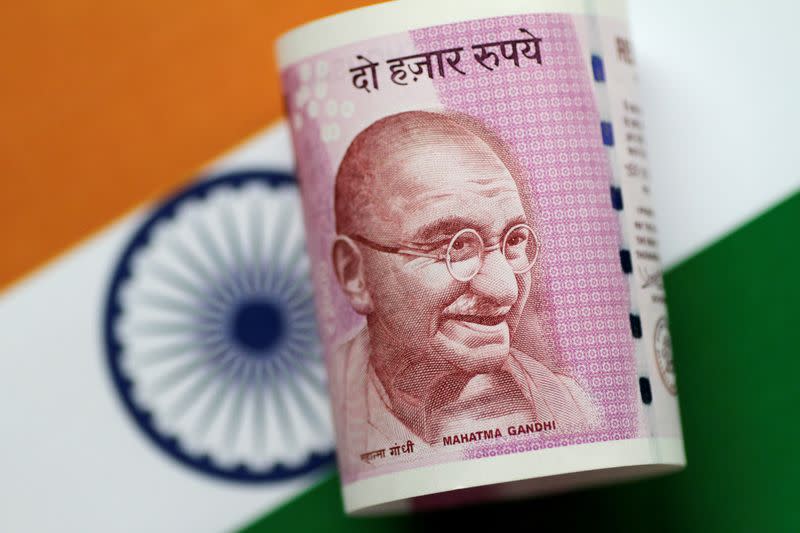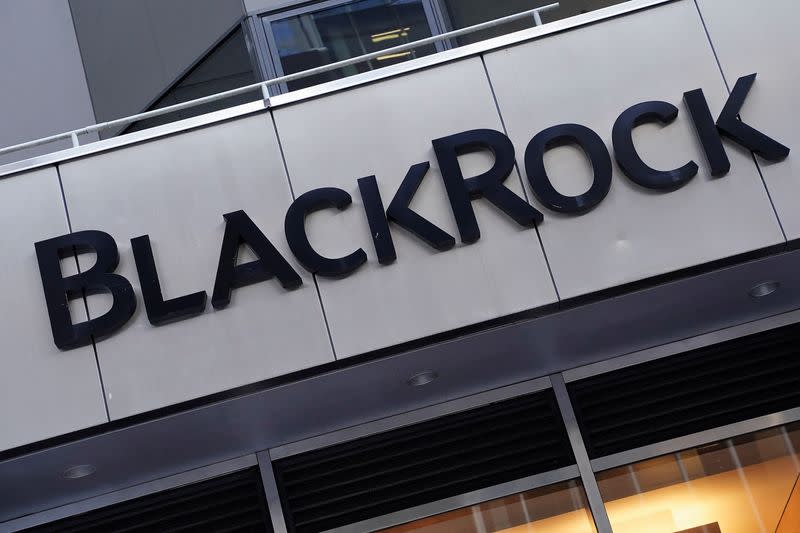No volatility jump in Indian bonds after JPMorgan inclusion, says BlackRock
By Divya Chowdhury and Savio Shetty
MUMBAI (Reuters) -Indian bond markets won't see a jump in volatility in the near-term after JPMorgan announced India's inclusion in its widely tracked emerging market debt index, BlackRock's head of Asia Pacific fixed income said on Friday.
JPMorgan said 23 Indian Government Bonds (IGBs) with a combined notional value of $330 billion were eligible for inclusion in its Government Bond Index-Emerging Markets (GBI-EM) index and index suite, benchmarked by about $236 billion in global funds.
Neeraj Seth, chief investment officer and head of APAC fundamental fixed income at BlackRock, expects inflows of around $20 billion to $25 billion into India after the maximum weight threshold of 10% is achieved on the GBI-EM index.
Given the size of the $2 trillion global government bond market, it may add only a little bit to the volatility in Indian bond markets, Seth told the Reuters Global Markets Forum.
The volatility would become "more profound and visible" if foreign ownership were to go into double digits, Seth said, adding that he expected foreign ownership of Indian government bonds to rise to 3.0%-3.5% post-inclusion.
"I don't think that's significant enough to move the markets around," he said.
Foreign investor buying in Indian bonds has remained tepid with net purchases of $3.4 billion so far in 2023. Foreign investors own less than 2% of outstanding government debt.
Separately, Seth believes there will be a shift in asset allocations as markets head into 2024, which he sees becoming a "very attractive year", especially for U.S. fixed income, with investors looking to lock-in yields as the Fed wraps up its hiking cycle.
He also pointed to investment-grade credit in Asia and higher quality emerging market bonds, in a "tilt towards quality" as macro uncertainties persist.
(Join GMF, a chat room hosted on Refinitiv Messenger: )
(Reporting by Divya Chowdhury and Savio Shetty in Mumbai; Editing by Alex Richardson)

 Yahoo Finance
Yahoo Finance 

